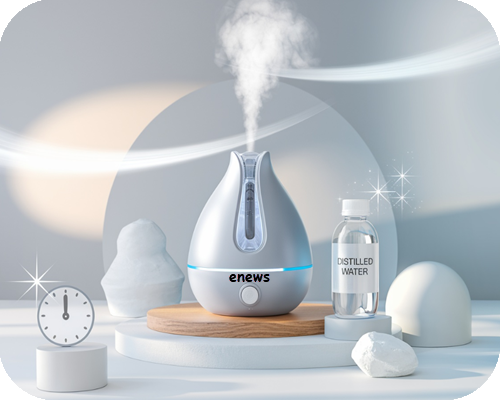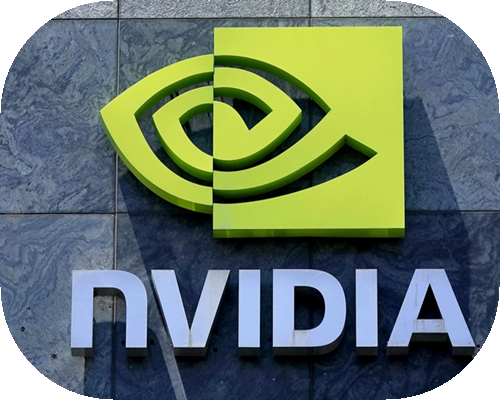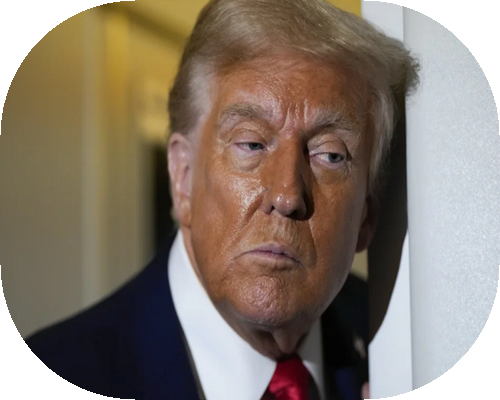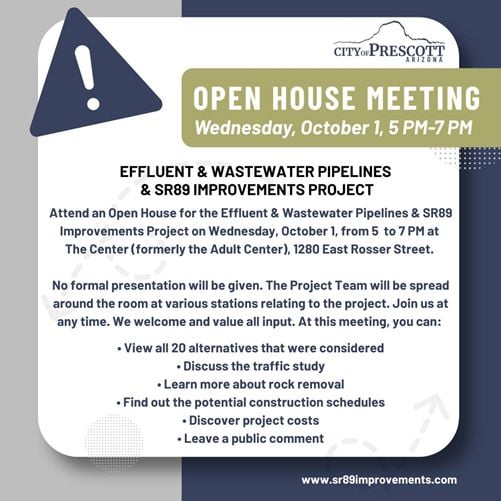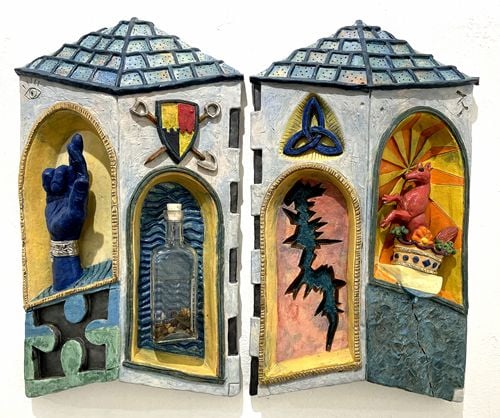An Air Humidifier is a great device that makes the air more comfortable and healthier by adding moisture to the air. It fights dryness that can cause a lot of problems from itching skin and breathing problems to damage to wooden furniture. The type of water you use is a simple but sometimes an unseen ingredient that is very important to get the most from your humidifier and ensure that it works well. Regular cleaning and proper operation is also very important for its effectiveness and hygiene. Choosing between regular tap water and distilled water can have a great effect on how long your air humidifier and how clean the air is.
The Hidden Enemy: Minerals in Water
One can drink tap water without any worry, despite of varying levels of disturbed minerals such as calcium, magnesium, and other inorganic salts. They are minerals that are safe to eat but can create issues when they are placed in an air humidifier. They are the primary causes of a lot of lasting problems people experience with their humidifiers and can eventually cause your devices to be less efficient and have a shorter lifespan..
These minerals are not evaporated with water when humidifier is running, especially in evaporative or ultrasonic types. Instead, they remain behind and develop hard deposits on the inner parts. Over time, it creates mineral remains, becoming an invisible enemy that gradually reduces performance and finally the utility of your prized equipment, which may lead to expensive repair or early replacement.
The White Dust Phenomenon: A Clear Effect
“White dust” is one of the most obvious and immediate effects of utilizing hard tap water in an air humidifier. When the ultrasonic vibrations or heating elements in the humidifier break down the dissolved minerals into tiny pieces, this fine, powdery residue is left behind. And then these particles are converted into aerosol and released to the air along with the mist.
This white dust can settle on floors, furniture, electronics and even plants, leaving a filmy layer that must be cleaned frequently. Even more problematic particles can irritate delicate respiratory tracts — including in people sensitive to airborne irritants (including allergies and asthma), or in young children. It turns a helpful tool into an indoor pollutant that negates its most significant health advantages.
How to Stop Scaling and Mineral Buildup
Scaling, or mineral buildup, is a common problem for humidifier that uses tap water. These hard deposits manufacture on heating components, transducers and other internal surfaces, making it difficult to make haze over time for humidifiers. Over time, this scaling can make the flow to water and make it very difficult to heat, making the equipment difficult.
This extra stress not only works less well to humidifier, but it puts too much stress on its motor and other important parts, which wears them fast. Cleaning treatment such as vinegar can help land regularly, but this is a reactive remedy. Using premature waters prevents this accumulation from being in the first place, which keeps the performance stable and expands the life of the equipment.
Wicks, filters, and transducers can all help to make components last longer.
Many humidifies depend on parts that are very easy to destroy with minerals. Vapratory humidifiers appoint wicks or filters to soak water. These may soon be complete and blocked with mineral deposits, making it difficult for them to draw water and release moisture. In this, a wick evaporation with minerals makes slow and humidity less effective.
On the other hand, ultrasonic humidifiers use a transducer who vibrates at a high frequency to create haze. Mineral accumulation on this delicate part can vibrate it less, causing low mist or perhaps it can stop working perfectly. Distilled water safers use these important parts, so they can work in their best until they mean it and you will not have to pay for replacement.
Long-Term Cost-Effectiveness
It may seem like distilled water costs more up front than free tap water, but there’s no denying that it’s cheaper in the long run. You save time and money in the long run by stopping things from breaking down too soon, cutting down on the need for new parts (such wicks and filters), and making deep descaling less work. The larger initial investment is worth it because you save a lot of money.
Over its lifetime, a humidifier that lasts longer, works better, and needs less care is a better value. When you think about the possible health benefits of cleaner air and a lower chance of respiratory irritation, the case for using distilled water becomes much stronger. It’s good for your health and your appliance to buy it.
The kind of water you use in your everlastingcomfort.com humidifiers may look like a small thing, but it has a great effect on how long the device lasts, how well it works, and the air you breathe in how clean is it. By choosing distilled water, you get rid of the hidden enemy of minerals. It prevents dangerous accumulation, expands the life of vital parts, cuts maintenance, and most importantly your humidifier actually helps to make air in your home cleaner and healthy. This small, active twice makes a big difference. This changes your humidifier for a reliable protector of your family’s health and a possible cause of annoyance in air quality in your home.
How useful was this article ?
Click on a star to rate it!
Average rating 0 / 5. Vote count: 0
No votes so far! Be the first to rate this post.
We are sorry that this post was not too useful for you!
Let us improve this post!
Tell us how we can improve this post?


